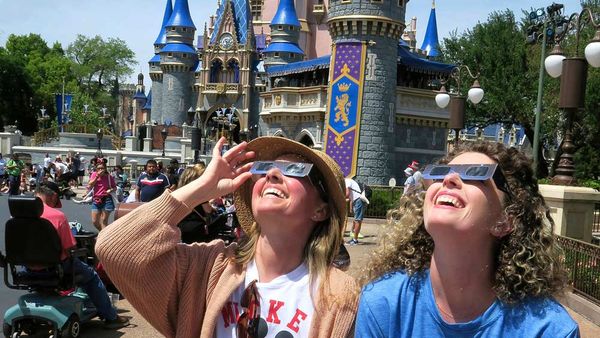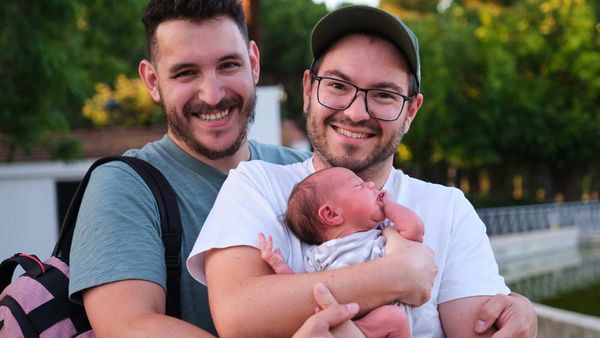
September 14, 2018
Ohio Awards Latest Prizes in Opioid Science Challenge
Julie Carr Smyth READ TIME: 3 MIN.
Ohio awarded another round of prizes totaling $2.4 million Wednesday in its global technology challenge seeking scientific breakthroughs to address the U.S. opioid crisis.
The dozen winners from six states and Canada were judged the most promising of nearly 60 proposals submitted in the second phase of the Ohio Opioid Technology Challenge.
Each winning team receives $200,000 to advance its technical solution. Among winning ideas were a device to treat withdrawal symptoms in opioid-addicted infants and a glove that changes color when first responders come into contact with an opioid.
Ohio Third Frontier Commission Chairman David Goodman, whose high-tech development panel is leading the effort, said since it was launched last fall, the competition has drawn attention from around the world.
"We asked the world to think outside the box, be creative and send us their ideas," Goodman said. "They came from average citizens, researchers and health care professionals and people personally affected by opioid addiction themselves."
The challenge emerged at the urging of Republican Ohio Gov. John Kasich, a potential 2020 presidential contender who called in last year's State of the State address for the commission to invest up to $20 million in generating science and technology ideas to fight the scourge that's plagued Ohio and other states across the U.S.
What the panel came up with was a two-pronged effort, which included the $8 million Ohio Opioid Technology Challenge and a program of research-and-development grants. Commissioners made up to $12 million available in grants and awarded $10 million.
Prize winners announced Wednesday are eligible to compete for four $1 million grants that will be made available in the final product phase of the challenge. Focused on refining and priming technical concepts for market, the last phase begins immediately and runs through September 2019, officials said.
Winners of the second phase were:
- Apportis LLC, Dublin, Ohio: For an integrated platform that allows patients to connect electronically to licensed health care professionals and opioid addiction resources. The platform would be accessible at clinics, hospitals, shelters and kiosks.
- Brave Technology Coop, Vancouver, Canada: For an online platform, including a mobile app, for remote supervision of people who use drugs in isolation, providing them with community-based support and access to overdose prevention and response.
- DynamiCare Health, Boston: For a digital platform using incentives that support recovery to help patients struggling with opioid addiction.
- Innovative Health Solutions, Versailles, Indiana: For a device that using electrical nerve stimulation behind a patient's ear to address symptoms of opioid withdrawal.
- InteraSolutions, Orem, Utah: For an opioid risk assessment screening app that identifies patients with risk factors for opioid abuse.
- OpiSafe.com, Denver, Colorado: For an automated patient monitoring system for opioid prescribers providing alerts related to factors including opioid dosage, pain levels and toxicology results.
- Prapela, Inc., Concord, Massachusetts: For a specially designed vibrating pad to help treat opioid-exposed newborns with postnatal drug withdrawal syndrome.
- relink.org, Aurora, Ohio: For a website that enables people struggling with addiction to find recovery service providers and related database development and pilot studies.
- University of Akron, Akron, Ohio: For a specially designed glove that will change color upon a first responder's contact with an opioid.
- University Hospitals, Cleveland: For a computer-aided dispatch technology for opioid surveillance and tracking in real-time.
- University of Wisconsin-Madison, Madison, Wisconsin: For a smartphone app that uses a suite of tools to increase patient's coping ability, recovery motivation and emotional support to prevent relapse of opioid abuse.
- Vuronyx Technologies, Woburn, Massachusetts: For paper analytical device test cards that are portable and self-contained to allow first responders, law enforcement agents, medical professionals and crime scene investigators to quickly and reliably test for the presence of opioids.







